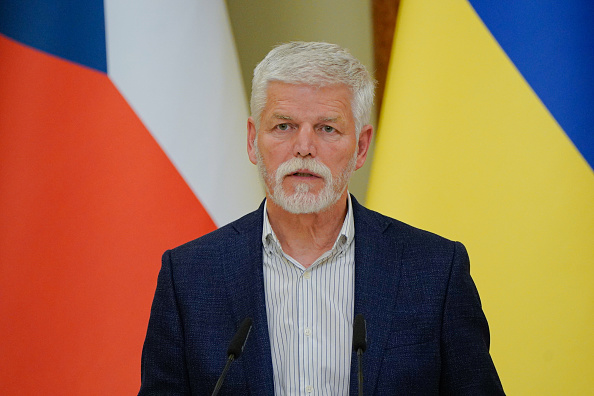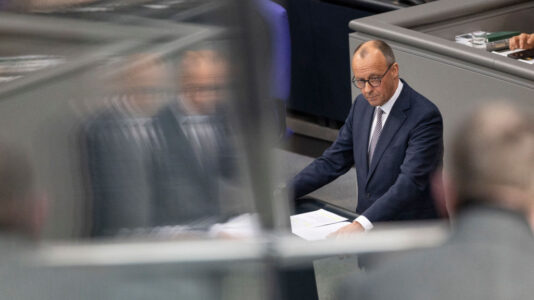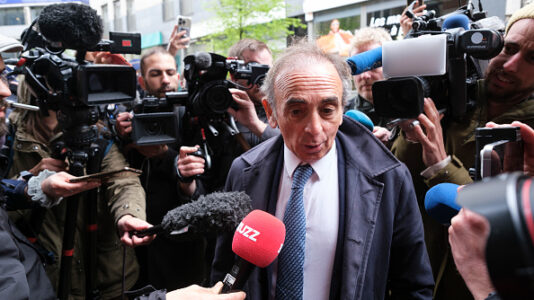Czech President Petr Pavel issued a strong appeal to lawmakers on Wednesday, warning against turning national defense into a political football ahead of upcoming elections.
Speaking at an extraordinary session of the Chamber of Deputies dedicated to the strategic outlook for the Czech armed forces for the next decade, Pavel called for a cross-party consensus on core defense principles and urged politicians to leave its implementation to military experts.
“Defense should not be something carried by a party T-shirt,” Pavel told deputies. In light of rising global tensions, he argued that unity on internal and external security is not just desirable but essential. “Threats will not differentiate according to party affiliation — they will affect all of us.”
The session, initiated by the opposition movement ANO, comes amid debate over the long-term direction of the Czech military. Pavel cautioned that using defense as a campaign issue could undermine both public trust and international credibility.
“Debates that weaken the army or its credibility can have a very negative impact — not only on how our citizens perceive security, but also on how we are viewed by our allies,” he said.
The president reiterated that the country’s strategic documents on defense and security — already approved — clearly define the primary objective “to preserve the sovereignty, territorial integrity, democratic values, and rule of law in Czechia, all within the framework of allied ties.”
He acknowledged the need for oversight, saying it is important to monitor defense acquisitions and spending efficiency. However, he warned against repeatedly challenging expert decisions once strategies have been agreed upon. “After we come to an agreement and approve a document, there is no point in interfering with it,” he stated.
Czechia is due to hold elections later this year, where a change in government is expected with the ANO led by former prime minister Andrej Babiš likely to take the wheel.
The president was clear: making wholesale changes to approved policies would be counterintuitive to security and Czechia’s interests.
Pavel concluded by urging deputies to conduct their debate with awareness of shared national principles and responsibilities. Citing the Czech Constitution, he reminded lawmakers that the duty to protect and develop the country is not optional — it is a fundamental obligation for all.
Prime Minister Petr Fiala has already signaled his commitment to upping defense spending beyond NATO’s minimum contribution of 2 percent of GDP, citing apathy in the White House as a primary reason for Europe to take control of its own security.
“Two percent is the minimum today, but not all states even meet that. We need to discuss whether higher spending is necessary and feasible,” Fiala said back in January
“Regardless of whether Donald Trump or someone else would win in America, the readiness of the U.S. to provide the complete defense of Europe is decreasing. That’s enough to watch the internal social debate in the United States, and that’s why it’s in our interest to take care of our defense.”






